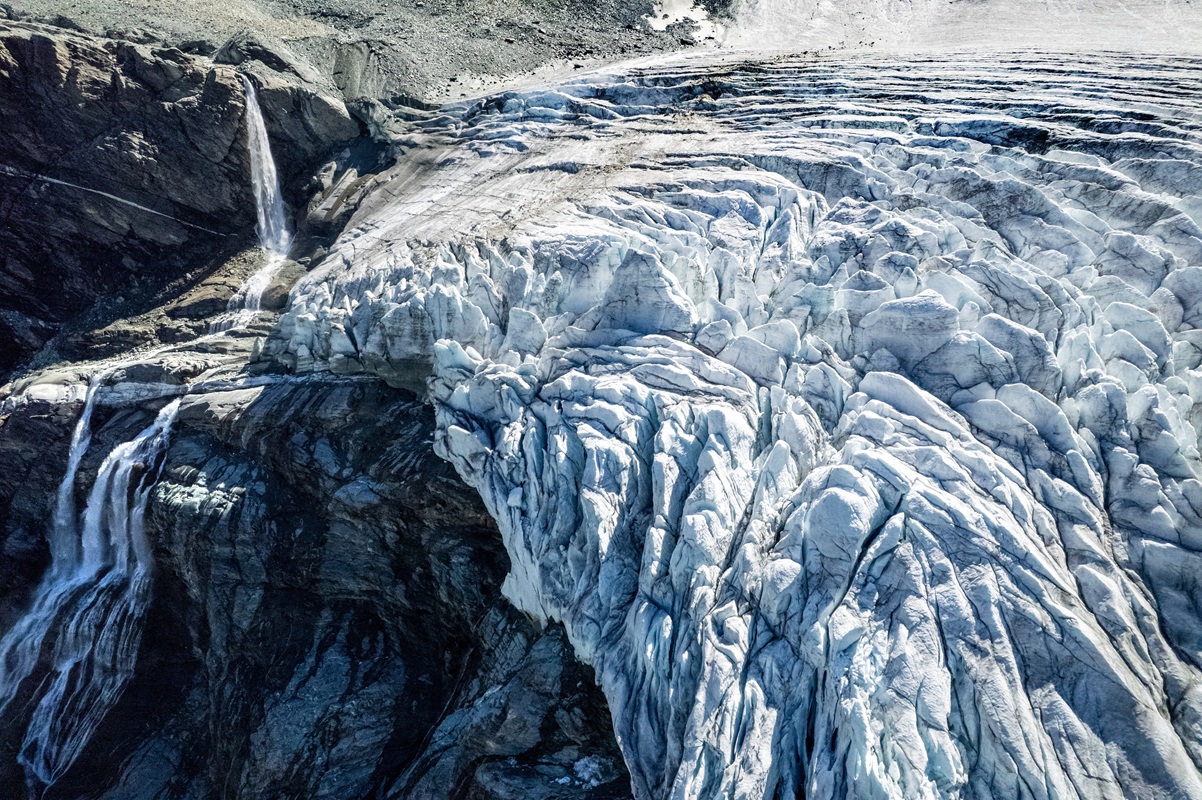
Cognitive dissonance is described as "the mental discomfort or psychological stress experienced when holding two or more conflicting beliefs, ideas or values".
This is frequently encountered when considering the effects of climate change on our planet.
Climate scientists warn of dire consequences should their advice be ignored. Alternatively, climate sceptics maintain that, even if climate change is a potential threat, the lifestyle compromises we would have to make to prevent changes that might occur sometime in the future are simply not worth the bother; this is particularly relevant for New Zealanders. We are small fry compared to polluters such as China, India and the United States.
Throughout our Earth’s existence, it has undergone fluctuations in weather and temperature, mostly related to natural causes, such as volcanic eruptions, rather than human activity. Are the wider, recently experienced fluctuations in world weather a series of random events, or evidence for advancing climate change?
Who do we take seriously when assessing the relevance of climate change?
The choice is wide, from the pro-climate change groups sounding a warning of an urgent climate emergency, to the con-groups dismissing climate change as a complete hoax.
Sources of information leading to conclusions from each end of the opinion spectrum are easily compared.
If it were a see-saw, who would be at the con-climate change and who at the pro-climate change end? Who would provide reliable evidence?
The con-team includes many politicians, particularly among right-wing populists (Trump, Bolsonaro, Milei, Putin, Farage); those responsible for fossil fuel energy production (OPEC countries, Russia, Mobil-Exon, BP); and financiers with weighty investment in the current economic structure of western nations (Koch Industries, Rinehart, Zuckerberg).
Those ringing the climate change alarm bells include over 90% of climate scientists, the Royal Societies (UK, Canada, Australia, NZ), the National Academy of Science (US), Nasa, editorial boards of leading medical and scientific journals (Nature, Science, Lancet), scientists (James Hansen, Steven Hawkins) and naturalists (David Attenborough, Climate Action Network).
Which group faces conflict of interest and may be unduly influenced by commercial, societal or political interests? Which group has a record of responsibility and valuable discovery benefitting humanity as a whole?
Climate scientists predict intolerable heat, floods, droughts, fires, disease and population migrations of displaced people. These are already apparent, especially in poorer communities.
If we ignore these early signs of climate change, reactive processes can eventually be triggered to escalate climate phenomena to uncontrollable levels.
Ominously, computer model predictions have underestimated the speed and gravity of changes.
Unfortunately, significant effort and sacrifice is required to deal with climate change-created threats. These include drastic changes in energy use from fossil fuels to renewable sources; realising that economic growth has limits in a world with finite resources; revolution in employment opportunities; re-evaluation of food sources and consumption; gigantic economic shifts; and accommodation of climate refugees seeking refuge from climate change.
The task seems overwhelming.
One easy and so-far successful way out for those on the con-end of the see-saw is to minimise or deny the effects of climate change.
Most of us are resistant to change, especially those involving lifestyle disruptions. Predicted climate change effects may be tolerable for the next few years (and electoral cycles) and there are ready answers to weather fluctuations.
Furthermore, especially here in New Zealand, other countries are far worse polluters, so why should we sacrifice for their benefit? Many important people are still unsure about climate change, so why should we be bothered?
What if you believe that climate change is real but that massive lifestyle changes you are unwilling to make are also required?
Too often, this dilemma triggers cognitive dissonance. Reduce or deny the reality of climate change and the problem diminishes or disappears.
Some billionaires are hedging their bets by donating large sums to combat climate change while actively supporting politicians who deny it.
Denmark has reduced its carbon footprint impressively. China has just achieved a net reduction in carbon pollution with impressive shifts in energy generation to renewable sources, while the US calls climate change a hoax and is still a leading source of pollution. Positive measures do work.
In the end, who do you believe about climate change? Is it the opinion of those on the science based pro-climate change group or the politico-financial con-climate change group balancing our see-saw?
The future of the world depends on our choice. The facts, supported by events shown in our current media, will hopefully persuade us which argument to believe.
What are we prepared to do about it?
Can you look your children, and even more so, your grandchildren, in the eye and say "I have done all that I can to leave you a habitable world"?
• Gil Barbezat is an emeritus professor of medicine, University of Otago.










